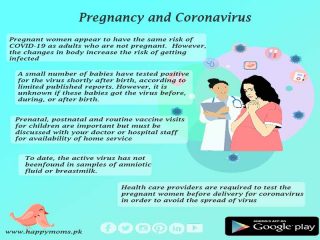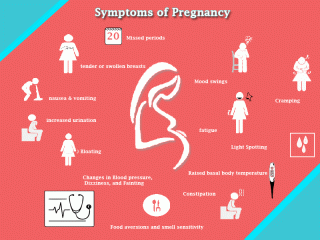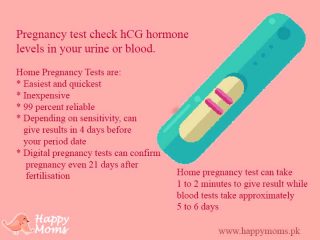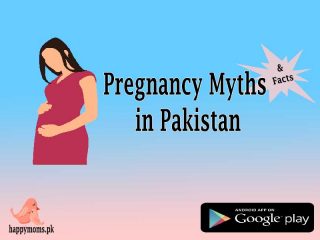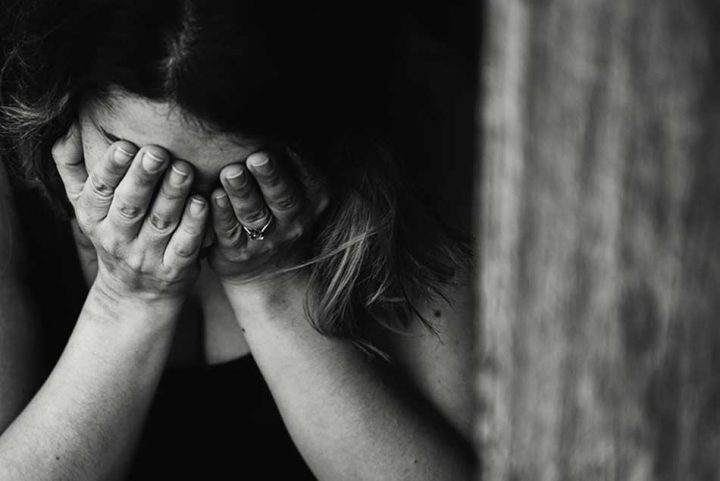
Postpartum depression may often confuse with the baby blues, but the signs and symptoms are more sever and last longer and ultimately affect with daily routine and activities. Signs of depression usually begin after delivery or may start later within first year of delivery and in some cases, during pregnancy. In some cases, a more severe condition may occur known as Postpartum psychosis which is a rare condition and symptoms are more severe.
Treatments for these conditions include self-help, help through social groups, antidepressant medications, psychotherapy, or on severe cases electroconvulsive therapy. Depending on the condition and severity of the symptoms, the treatment is suggested. If postpartum depression remains untreated, it can be dangerous for both mothers and their children. Women should seek treatment when:
- Condition does not improve and persist for more than two weeks
- Cannot function normally
- Cannot deal with daily routine
- Thoughts about harming baby or yourself
Treatment:
Depending upon the severity of the condition, your doctor may suggest the treatment options. Your gynecologist may refer you to a mental health professional for proper treatment.
Baby blues
Baby blues do not require any extensive treatment, as they fade away in a week or two on their own. To help yourself you can take the following measures:
- Sleep or take rest as much as you can and whenever you get a chance
- Take help from your family and husband to look after your baby as you rest
- Be in contact with other new mothers
- Set a time for yourself, your ‘ME’ time for an hour or half an hour, to just be yourself, ask help from family to take care of baby at that time.
- Avoid activities, people, and even news that can make you feel down
It’s a phase, that will be over in few days and you will be able to enjoy back your normal routine and your new baby.
Postpartum depression
Postpartum depression is treated with psychotherapy (counseling), antidepressants or both.
- Medication: Your doctor may suggest antidepressants, and if you are a breastfeeding mother inform your doctor to prescribe medicines safe while breastfeeding.
- Counselling: If antidepressants dare not helping your doctor will recommend psychotherapy (also known as talk therapy) along with medicines. Psychotherapy help you deal with your feelings, solve problems and respond to every day situations positively.
With proper help and treatment PPD symptoms improve, but it is important to continue treatment and stop only at the recommendation of your doctor, otherwise it can lead to chronic depression.
Postpartum psychosis
Postpartum psychosis is rare and more severe condition which require treatment in hospital.
- Medication.: because of the severity of the condition, number of medications such as antipsychotic, mood stabilizers and benzodiazepines to control your condition.
- Electroconvulsive therapy (ECT): In case of postpartum psychosis, if the condition does not improve with medicines, electroconvulsive therapy (ECT) is recommended. In ECT small electric currents are passed through brain, which help in changing brain chemistry and reduces the symptoms of psychosis and depression.
Read more about Post-partum Depression
Want to join a support group for PPD? Join Happy moms Facebook Support Group
want to (opens in a new tab)
This article is for informational purposes only, and is not meant to offer medical advice.

